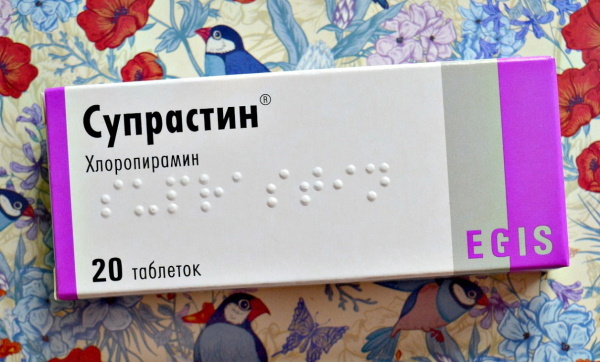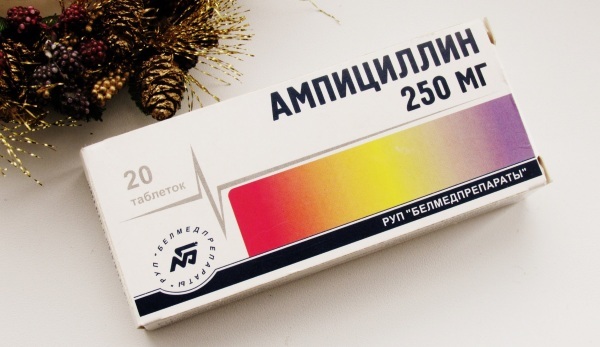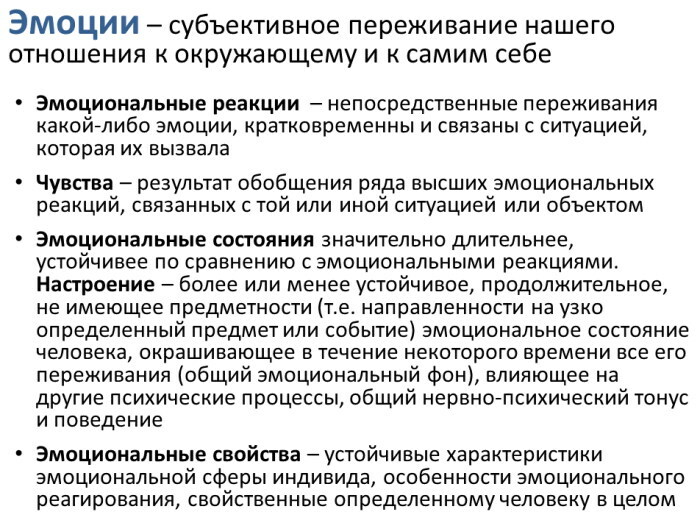Related same marriages only increase the number of children born with this diagnosis. The most frequently observed in phenylketonuria northern Europe - 1: 10,000, in Russia at 1: 8-10000 and in Ireland - 1: 4560. In black PKU almost does not occur.

What kind of disease?
Phenylketonuria - a hereditary disease group fermentopathia associated with impaired metabolism of amino acids, mainly phenylalanine. Failure to comply with low-protein diet is accompanied by accumulation of phenylalanine and its toxic products, which leads to heavy defeat of the central nervous system, which manifests itself in particular in the form of violations of intellectual development (phenylpyruvic mental retardation). One of the few hereditary diseases that are amenable to successful treatment.
Story
Phenylketonuria opened in 1934 a Norwegian doctor Ivar Asbjørn Følling. The positive outcome of the treatment was first observed in the UK (Birmingham Hospital for Children) thanks to the efforts of the team of doctors led by Horst Bickel in the first half of the 50-ies of the XX century. But the really great success in the treatment of the disease was recorded in the years 1958-1961, when the first methods of analysis of the blood of infants to its content of high concentrations of phenylalanine, speaking about the presence disease.
It turned out that for the development of the disease is responsible only one gene, received the name of the RAS (phenylalanine hydroxylase gene).
Because of this finding the scientists and doctors worldwide could more fully identify and describe both the disease itself and its symptoms and forms. Furthermore, it was found and developed a completely new, high-tech and modern methods of treatment, such as gene therapy, which today is an example of effective control of genetic pathologies person.

The mechanism of development and causes of the disease
The cause of this disease is associated with the fact that an enzyme is not produced in human liver - phenylalanine 4-hydroxylase. He is responsible for the conversion of phenylalanine to tyrosine. The last part of the pigment melanin, enzymes, and hormones necessary for normal body function.
When PKU phenylalanine, resulting in adverse ways exchange, converted into the substance, which should be in the body: and phenyllactic phenylpyruvic acid and ortofenilatsetat phenylethylamine. These compounds accumulate in the blood and have a complex action:
- violate fat metabolism processes in the brain;
- have a toxic effect, poisoning the brain;
- cause deficiency of neurotransmitters that transmit nerve impulses between the nervous system cells.
This causes a significant and irreversible reduction in intelligence. The baby is rapidly developing mental retardation - mental retardation.
The disease is inherited only when both parents give the child a tendency to the disease, and therefore quite rare. Two percent of people have the altered gene responsible for the disease. This man is completely healthy. But when a man and a woman, the carriers of the mutated gene, marry and decide to have children, the likelihood that children will suffer from phenylketonuria, is 25%. And the possibility that children will be carriers of the abnormal gene PKU, but they remain relatively healthy, is 50%.
symptoms of phenylketonuria
Phenylketonuria (see. photo) appears in the first year of life. The main symptoms of this age are:
- baby lethargy;
- vomiting;
- disorders of muscle tone (hypotonia often);
- convulsions;
- lack of interest in the surroundings;
- sometimes irritability;
- anxiety;
- signs of allergic dermatitis;
- there is a characteristic "mouse" smell of urine.
If PKU is characterized by the following phenotypic characteristics: hypopigmentation of the skin, hair and iris. In some patients, one of the manifestations of the disease may be scleroderma.
In later life for patients with phenylketonuria are characterized by delayed mental and speech development, often marked microcephaly. Epileptic seizures occur in almost half of patients with phenylketonuria and in some cases may be the first sign of the disease.
Diagnostics
Important, as we have already noted, is the early diagnosis of the disease, in order to avoid its development and lead to a number of irreversible and severe effects. For this reason, in maternity wards to 4-5 days of life (for term infants) taken for the analysis of blood. Premature infants for phenylketonuria (PKU) blood taken at 7 days.
The procedure involves taking capillary blood after hour after feeding, in particular, it is impregnated with a special form. Concentration, indicating the mark of more than 2.2% of phenylalanine in the blood of the baby requires direction from its parents for inspection in the Medical Genetics Center. There's also conducted further examination and, in fact, accurate diagnosis.
What is phenylketonuria: photo
The photo below shows how the disease manifests itself in children and adults.

How to cure phenylketonuria
The only effective treatment for PKU is considered to be organized since the first days of life specially formulated diet, the principle of which is to limit the phenylalanine contained in the food, which eliminated such foods as:
- cereals,
- legumes,
- eggs,
- cottage cheese,
- bakery products,
- nuts,
- chocolate,
- fish, meat and so on.
Therapeutic diet of patients with phenylketonuria consists of specialized products, both foreign and domestic production. Children first year of life show the products in its composition close to breast milk, it is such a mixture as "Lofenilak" and "Afenilak". For children a little older developed such mixtures as "Tetrafen" "Maksamum-XP", "Phenyl-Free." PKU pregnant women and older children (after six years) shows a typical mixture "Maksamum-XP". In addition to the specialized medical products in the patient's diet include juices, fruits and vegetables.
Timely initiated diet therapy often avoids the development of characteristic clinical manifestations of classical phenylketonuria. Treatment is carried out without fail before puberty, and sometimes longer. Because patients with phenylketonuria woman make a healthy fetus is not capable, held begun even before conception and continuing up to the birth special treatment to the exclusion of fetal phenylalanine from the patient mother.
Under treatment children must be under the constant supervision of a pediatrician and neuropsychiatrist. At the beginning of the treatment of phenylketonuria phenylalanine content control is carried out on a weekly basis, with the normalization conversion rate to 1 time per month during the first year of life, and 1 time in two months in children older of the year.
In addition to diet therapy, children with phenylketonuria doctors can do the following appointments:
- mineral compounds,
- nootropics;
- B vitamins;
- anticonvulsants.
In the treatment must attend physiotherapy, acupuncture and massage.
Note: when an atypical form of PKU, which can not be corrected diet therapy, doctors prescribe gepatoprotektory, anticonvulsants. This treatment will help alleviate the condition of the child.
Phenylketonuria and motherhood
For pregnant women, patients with PKU, it is very important to keep a low phenylalanine levels before and during the pregnancy, so that the child was healthy. And although only developing fetus can be a carrier of PKU gene but intrauterine environment can have a very high level of phenylalanine, which has the ability to cross the placenta. As a result, the baby may develop congenital heart disease, possible developmental delay, microcephaly and mental retardation. As a rule, patients with phenylketonuria women no complications during pregnancy does not occur.
In most countries, women with PKU who are planning to have children, it is recommended to reduce the level of phenylalanine (Usually up to 2-6 mol / l), before pregnancy, and to control it during the entire period of gestation child. This is achieved through regular blood tests and adherence to a strict diet, and constant supervision of a dietitian. In many cases, as soon as fetal liver begins to produce PAH normally, the level of phenylalanine the mother's blood drops, respectively, "it is necessary" to increase it, to keep a safe level - 2-6 mol / l.
That is why, the daily amount consumed by the mother of phenylalanine can double or even triple by the end of pregnancy. If the level of phenylalanine in the mother's blood is below 2 mol / liter, sometimes, women may experience various complications associated with deficiency of this amino acid, such as headache, nausea, hair loss and a general malaise. If a lower level of phenylalanine in PKU patients is maintained throughout pregnancy, the risk of having a sick child is not higher than that of those women who are not sick PKU.
prevention
Since phenylketonuria - a genetic disease, it is impossible to completely prevent its development. Preventive measures aimed at preventing the irreversible severe disorders of brain development through timely diagnosis and diet therapy.
Families who have already been cases of this disease, it is recommended carrying out a genetic analysis that can predict the possible development of the child has phenylketonuria.
Consequences and life outlook
Exposure to excessive amounts of phenylalanine on the nervous system of the child led to persistent psychological disorders. By the age of 4, without proper treatment, patients with phenylketonuria children are ranked as feeble-minded and physically underdeveloped members of society. They join the ranks of childhood and the colors of life of persons with disabilities to fade them.
It does not sparkle with happiness and life of the parents of a sick child. Toddler requires constant care, and with limited financial resources, this translates into a total family wealth deterioration. The pain experienced by the mother and father from the inability to change the child's life for the better oppresses and crushes, but can not be discouraged. Help yourself, help your child to go through these trials with less loss of love and mercy.
Science in a hurry, it makes the seven-league strides towards disease elimination of heavy grade. It is crucial diagnosis of phenylketonuria in the womb, but while such a method has not been invented. "Yet" does not mean "never", let's wait and believe



